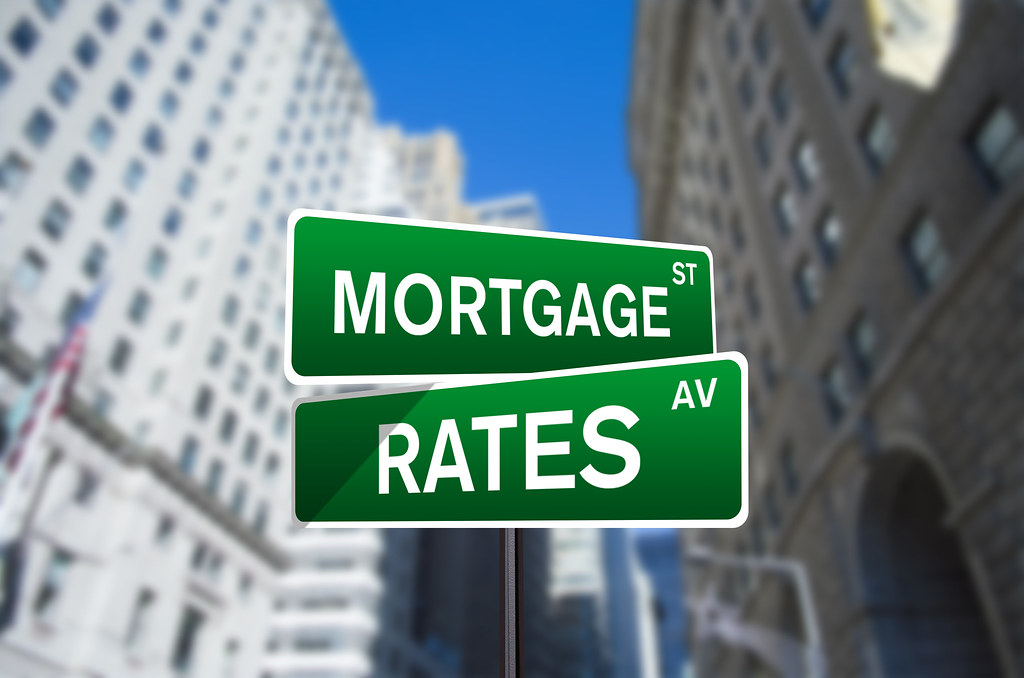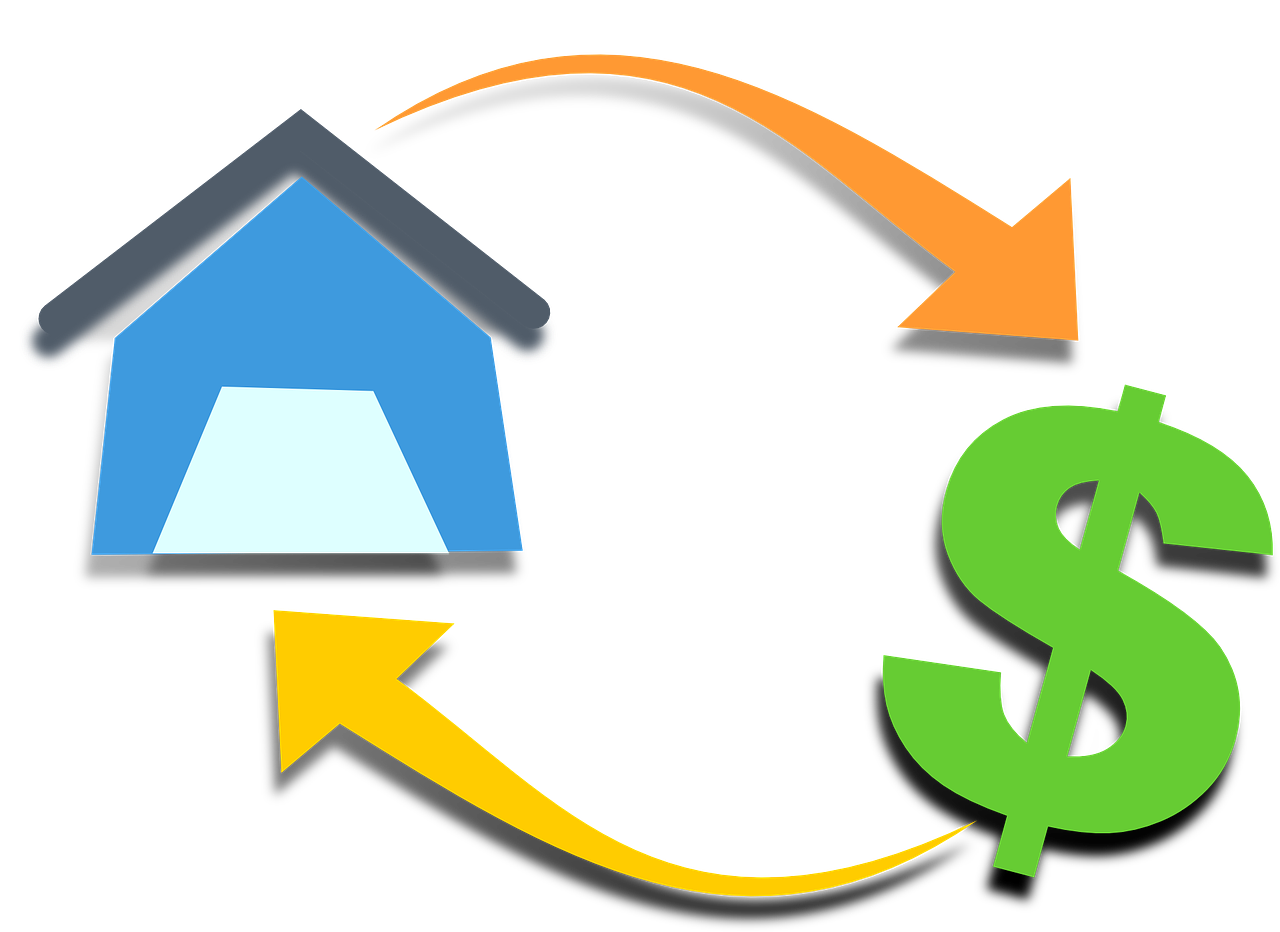Understanding Commercial Mortgage Rates and Loan Terms
- 1 What Is A Commercial Mortgage?
- 2 Commercial Mortgage Loan Types
- 2.1 Commercial Mortgage Repayment Terms
- 2.2 Commercial Mortgage Fees and Extras
- 2.3 Credit Scores and Commercial Mortgages
- 2.4 The Commercial Mortgage Application Process
- 2.5 Commercial Mortgage Pros and Cons
- 2.6 Is Commercial Mortgage the Best Choice?
- 2.7 Commercial Mortgage Loan Alternatives
- 3 Conclusion
In the ever-changing corporate world, finance is crucial for development and expansion. Commercial mortgages are significant tools for entrepreneurs, investors, and company owners buying, developing, or refinancing non-residential assets. These specialist loans can fund offices, retail stores, and factories. This thorough guide will explore commercial mortgages’ essential characteristics, advantages, and aspects of this dynamic financing choice.
What Is A Commercial Mortgage?
A commercial mortgage is a loan designed to buy or refinance commercial assets. Business mortgages finance a variety of business real estate transactions, unlike residential mortgages: these loans fund office buildings, retail areas, industrial facilities, housing complexes, and more. Commercial mortgages enable entrepreneurs and investors to buy properties for their businesses. By owning commercial real estate, companies can benefit from long-term stability, rental revenue, and property value appreciation. Owning a physical company site may boost credibility and attract more clients, boosting growth and success.
Commercial Mortgage Loan Types
The business mortgage market offers many loan kinds to match different borrower profiles and demands. Making educated judgments and choosing the best financial solution requires understanding these possibilities.
- Traditional Commercial Mortgage Loans: Banks, credit unions, and traditional lenders offer these loans with fixed or variable interest rates, amortizing repayment schedules, and maturities of 5 to 25 years or more. Property purchases, refinancing, and upgrades are possible.
- The Small Business Administration (SBA) offers 504 loans to help small businesses buy owner-occupied commercial real estate. Certified Development Companies (CDCs) work with borrowers and regular lenders to provide these loans. Small firms choose SBA 504 loans because they offer long-term fixed rates.
- SBA 7(a) Loans: Mostly used for working capital and business expansion, 7(a) loans can be used to buy commercial property. Approved lenders provide these loans with advantageous conditions, extended payback periods, and reasonable interest rates.
- Bridge Loans: Short-term commercial loans allow borrowers to “bridge” a financial gap until a permanent solution or a specified event, such as a property sale, happens. These loans are ideal for time-sensitive activities like property purchases and renovations.
- Construction Loans: Construction loans support commercial property construction or rehabilitation. These loans typically require an initial land purchase and ongoing payments throughout development. Specific planning, permissions, and strict monitoring are needed for construction loans with variable interest rates.
In a commercial property, mezzanine finance is a subordinate debt between the senior debt (first mortgage) and equity. It lets borrowers use equity to get more loans. Mezzanine loans are used in more significant commercial real estate transactions and have higher interest rates and shorter durations than mortgages.
Commercial Mortgage Repayment Terms
The payback term of a business mortgage is the agreed-upon timeframe for loan repayment. These conditions vary greatly by lender, loan type, and borrower demands and circumstances. Commercial mortgages might last five to 30 years. Longer repayment durations decrease monthly payments but may incur more interest. Shorter periods allow borrowers to repay the loan faster but may increase monthly payments, affecting cash flow and budgeting. Considering the borrower’s financial predictions, cash flow assumptions, and long-term company goals, the payback period should be carefully chosen. Borrowers can use the business mortgage as a growth strategy by tailoring the repayment duration to their needs.
Commercial Mortgage Fees and Extras
Commercial real estate loans often have higher mortgage rates today than residential loans. They usually exceed the 30-year mortgage prime rate by 0.5% to 1%. Rates today vary from three percent to twenty percent, based on the specific loan type, the property, and your financial situation. Commercial real estate loans might be slightly more expensive than residential loans since the payback period may be shorter. Closing expenses are associated with commercial real estate loans, like residential mortgages. These are usually between 3% and 5% of the loan amount. Depending on the amount borrowed, a guarantee charge of up to 3.75% will be required for SBA loans.
Credit Scores and Commercial Mortgages
A borrower’s credit score can significantly impact their ability to get a business mortgage and its terms. Credit scores let lenders analyze borrowers’ risk profiles and set interest rates and lending quantities. Higher credit scores provide better business mortgage arrangements, such as lower interest rates and more significant loan amounts. A high credit score shows prudent financial management and decreased default risk, making borrowers more appealing to lenders.
Lower-credit applicants may have more trouble getting commercial mortgage borrowing. Some lenders may reject them, charge higher lending rates, or have stricter qualification requirements. Credit scores are only one consideration in underwriting; lenders may also examine business success, cash flow, and collateral. Borrowers with poor credit should still apply for business mortgages. They should instead work on improving their credit score and exploring alternate financing choices or lenders who specialize in working with consumers with specific credit problems.
The Commercial Mortgage Application Process
Applying for a commercial mortgage might be complicated. Knowing the regular procedures might help applicants plan and speed up the mortgage process.
- For loan origination, the connection team contacts potential borrowers.
- Client discovery and credit structure is where the lenders—including the relationship manager and credit analyst—assess the business’s health, borrowing requirements, and transaction structure and pricing.
- After the customer commits to a formal credit application, the team analyzes and underwrites. The bank’s adjudication team (or credit committee) must approve the credit structure.
- After the contract is accepted, the loan agreement is signed, and the lender’s counsel registers any liens against the business and its assets, documentation, and security commence.
- Finally, the borrower receives the loan funds.
Commercial Mortgage Pros and Cons
Pros:
- Capital: Commercial mortgages support property purchases and expansion, helping businesses flourish.
- Commercial property ownership provides stability, rental income, and value appreciation.
- Borrowers may deduct commercial mortgage interest and property expenditures.
- Commercial mortgage customers can choose the appropriate loan type for their needs.
- Regular mortgage payments build property equity, which may be utilized for financing or reinvested in the enterprise.
Cons:
- Commercial mortgage rates are more significant than residential, rising firm borrowing expenses.
- Commercial mortgage lenders often need larger down payments and thorough financial analyses.
- Market volatility, economic conditions, and industry-specific dangers can impact commercial property value and profitability.
Is Commercial Mortgage the Best Choice?
If you don’t want to make monthly payments for 25 years, choose a short-term loan instead of a commercial mortgage. A business loan is best if you have a lot of cash and need to borrow up to £25,000 or want an unsecured loan. When your firm needs rapid financing, a bridging loan may be authorized in hours and delivered in days. With an exit strategy, this short-term loan is excellent. Remortgaging may be beneficial if you have equity in an asset. We recommend talking to a qualified broker who can assess your situation and propose the appropriate loan. Brokers may save you time and money. Mortgage brokers are industry experts who can locate you with fantastic offers and rates.
Commercial Mortgage Loan Alternatives
- Private Financing: Private finance comes from angel investors, private equity companies, or private people. This approach may help borrowers with unusual situations that don’t suit typical lending parameters by offering more flexible underwriting criteria and faster funding.
- Business Lines of Credit: Business lines of credit are revolving credit options for businesses. They are ideal for short-term lending since borrowers may access cash as needed.
- Business Loans: Business loans can finance operating capital, growth, equipment acquisitions, and more. These loans are flexible in usage, payback dates, and collateral requirements, making them suitable for enterprises with different funding needs. Business loans are available from banks, internet lenders, and government agencies like the SBA.
- Crowdfunding: With internet crowdfunding platforms, businesses may raise cash from several investors simultaneously. Smaller commercial real estate projects or companies wishing to broaden their finance and investor base may benefit from this method.
- Seller finance: Commercial property sellers may provide buyer finance. Seller financing has flexible terms and reduced qualification standards and may be worth considering when traditional finance choices are restricted or unfavorable.
Conclusion
Commercial mortgages help companies and investors buy, build, or refinance commercial buildings. Understanding commercial mortgage loans helps borrowers make decisions that meet their financial and business goals. Commercial mortgages offer cash, property ownership, and tax benefits but carry higher interest rates, more burdensome qualifying requirements, and market volatility concerns. Comparing loan kinds, payback terms, and lenders can help borrowers locate the best financing. To get good terms, you must understand the application procedure, fees, and credit ratings. Commercial mortgage refinancing can help debtors improve their finances or earn more money. By carefully considering their alternatives and making wise judgments, borrowers may use commercial mortgage finance to expand, stabilize, and succeed.
FAQs
Are commercial real estate loans and mortgages alike?
The words are generally interchangeable, although there is a small distinction. Commercial real estate loans include bridge loans, construction loans, and regular commercial mortgages. Another type of loan is a commercial mortgage, which uses commercial real estate as security.
Why refinance commercial properties?
Commercial property refinancing can cut monthly payments and save money over time by taking advantage of decreasing interest rates. Refinancing lets debtors use home equity for other investments or businesses.
Do commercial loans differ from mortgages?
Commercial loans include lines of credit, equipment finance, working capital loans, and trade financing. However, a mortgage is a real estate-secured debt.
Commercial mortgages require a credit score.
Most business mortgage lenders favor customers with strong to exceptional credit. Credit scores above 700 are ideal, although lenders may approve customers with lower scores based on their financial profile and other considerations.


















